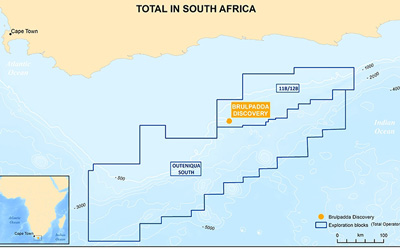
Environment Ministry concerned about hippo and crocodile attacks – issues warning to public

The Ministry of Environment and Tourism (MET) this week said that three deaths occurred in the previous month as a result of crocodile and hippo attacks.
According to the Director of Wildlife and National Parks Colgar Sikopo, on 28 March a twenty eight year old woman Mungomba Maria Magdalena was killed by a crocodile on the Kavango river in the area of Shighuru, Ndonga Linena Constituency in the Kavango region while washing her clothes in the river. And at that moment of attack she had her four month baby, Kanyemba Peneyambeko on her back who also died in the process.
In addition, on 25 March, in the Zambezi region, a forty five year old man, Mahoto Mwilima was attacked and killed by a hippo on the Linyanti river in the Maunga area, while fishing.
“These unfortunate incidents are worrisome and raise many concerns to us especially the crocodiles attack on people swimming and washing clothes in the river or the floodplains, said Sikopo. However, with the current good rains in certain parts of the country, the river levels are rising and floods are already experienced in some areas. The crocodiles, hippos, snakes and other wetland wild animals are also moving with the water,” added Sikopo.
Sikopo has since cautioned all communities living along the rivers and floodplain areas in the north, north west and north eastern regions and the general public not to take risks that may result in further loses of life.
Furthermore, Sikopo urged parents and traditional and community leaders living along the rivers and floodplains in these regions to warn children swimming or bathing in the rivers that it is too dangerous to do so as they put their lives at risk of being caught and killed by the crocodiles and hippos.
Meanwhile, the ministry staff members in the regions are under instructions to give information and render to communities along the rivers and the floodplains in order to protect themselves from these animals.












































